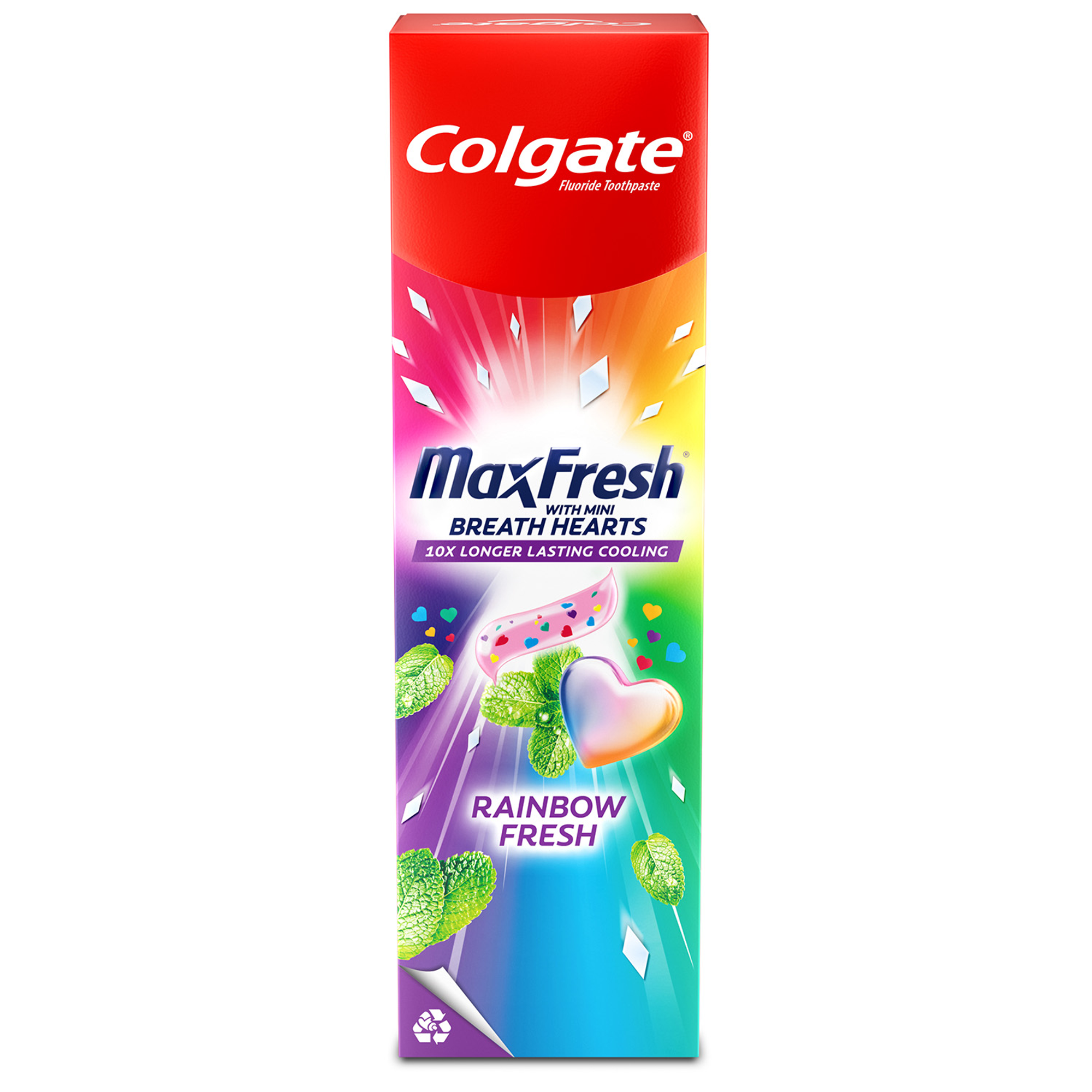What causes tonsil stones?
First off, how do you find your tonsils? Just look into a mirror (or camera phone), open your mouth and say "ah" to get a good view of the back of your throat. You should see two small glands, one on either side of your throat.
These are your tonsils, which you might be surprised to know are part of your immune system. Health Direct explains that your tonsils help to protect you against infection, capturing viruses and bacteria that try to enter your body via the mouth and throat. Around the tonsils are pits and crypts (small crevices) that sometimes get clogged with bacteria, food and other materials.
If this material gets stuck and hardens, or calcifies, it can turn into a tonsil stone, also called a tonsillolith. Some people are more likely to develop tonsil stones than others, especially if their tonsils are inflamed.
Some people may never get a tonsil stone, while others may get several a week.
Are tonsil stones causing your bad breath?
Bad breath, also called halitosis, is the most common complaint of those with tonsil stones.
Tonsil stones smell bad for some, but for others, they don't cause any symptoms. Remember that bad breath doesn't necessarily mean you have tonsil stones. There are many causes of bad breath and tonsil stones are among the less likely reasons.
Other tonsil stone troubles Health Direct says that most tonsil stones are small, measuring 1-2mm in size. These smaller stones are very unlikely to cause you any problems.
However, in some cases, they can be larger.
This can lead to a sore throat, swelling or even difficulty swallowing.
Doctors once removed a tonsil stone measuring 3.1 x 2.3cm from a 45-year-old man. It's highly unlikely that yours are anywhere close to that large, though, so don't worry! In most cases, tonsil stones are small and are not a risk to your health. But if you're experiencing any severe symptoms, be sure to check in with a doctor.
What you can do about tonsil stones
We know that tonsil stones can be uncomfortable, but remember that they are not harmful and don't require treatment in most cases. If you're still worried, we've got your back with some tips for treating and preventing tonsil stones.
Gargle warm salt water to help free tonsil stones and ease discomfort.
- Use mouthwash to help manage bad breath.
- Brush your teeth twice daily and floss once a day to minimise bacteria.
- Avoid smoking and other tobacco products.
- Stay hydrated.
- In rare cases, doctors recommend surgical removal, but most cases don't require you to do anything at all.
- However, if your tonsil stones are causing extreme discomfort, difficulty breathing or swallowing, or any other symptoms, be sure to talk to a doctor.
- If you have tonsil stones, take heart in the fact that they often require no treatment.
You can minimise your chances of getting tonsil stones with easy steps like practising proper dental hygiene, gargling with a saltwater rinse and avoiding tobacco products.
Luckily, these tips will also help out with any bad breath you might be experiencing.
This article is intended to promote understanding of and knowledge about general oral health topics. It is not intended to be a substitute for professional advice, diagnosis or treatment. Always seek the advice of your dentist or other qualified healthcare provider with any questions you may have regarding a medical condition or treatment.













